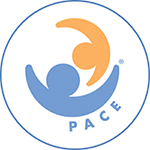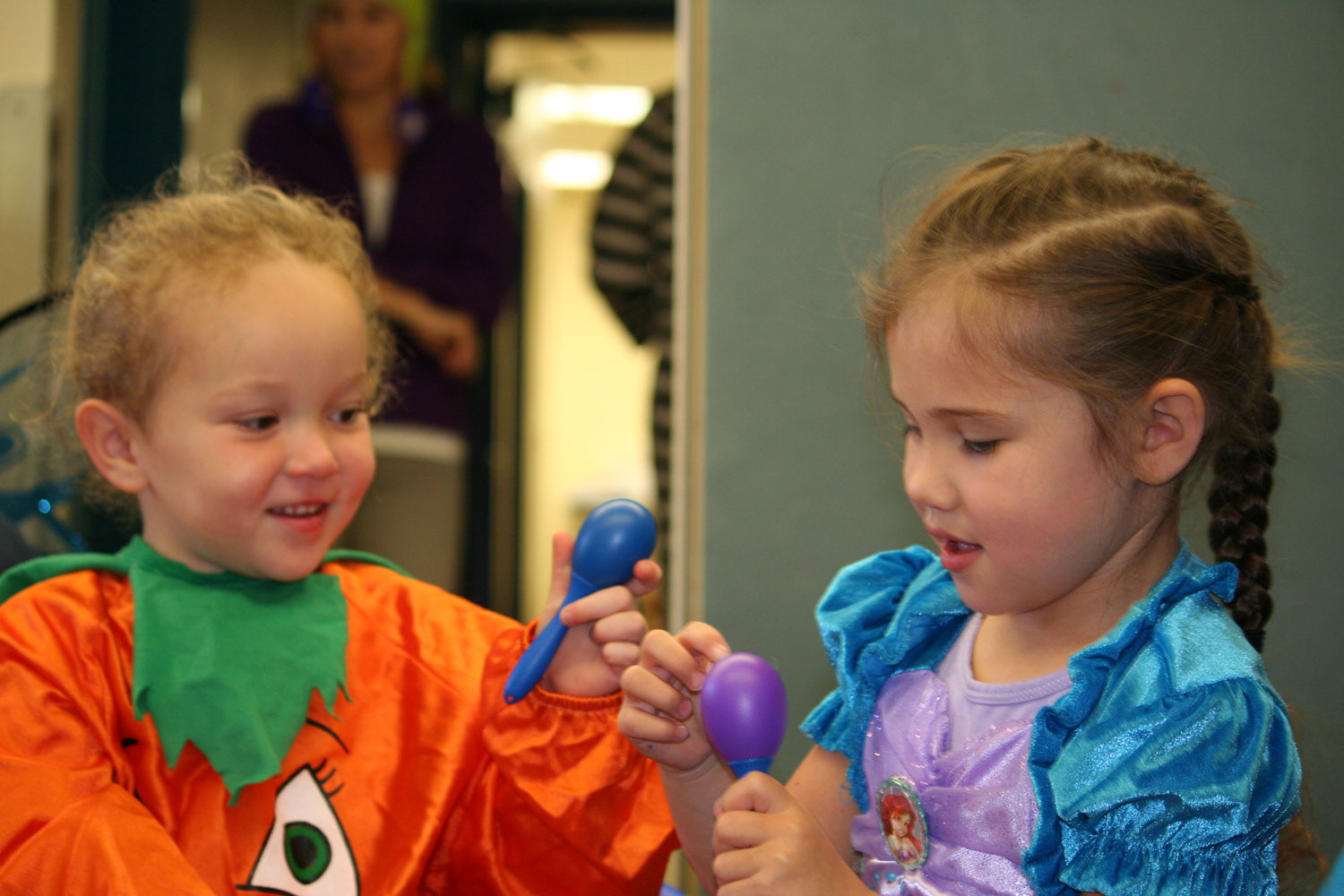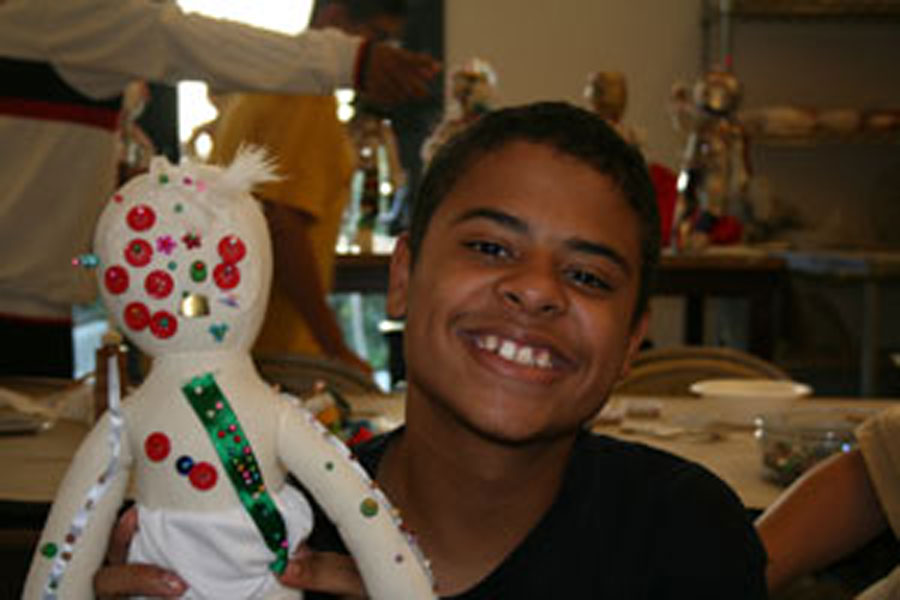
The PACE Educational Approach
PACE implements a multidisciplinary approach to learning. At the heart of the PACE educational model is our vision for every student to develop the ability to self-regulate, to relate, and to communicate. We believe that programs should be built around each child’s particular learning style. As a result, the PACE teaching philosophy is based on student-centered, social-emotional learning. This affect-based philosophy distinguishes the PACE program from many others that serve the autism population.
PACE School Methodologies
PACE Educational Programs blend multiple methodologies based on the each student’s unique needs to craft an effective educational strategy.
- TEACCH® (Treatment and Education of Autistic and related Communication-handicapped Children): a structured educational approach based on the belief that children with Autism often require increased order to their day.
- DIR/Floortime (Developmental, Individual Difference, Relationship-based Model): addresses developmental disorders based on “affect” for communication. Provides techniques for building a child’s emotional reciprocity and engagement.
- PECS (Picture Exchange Communication System): uses images to reference and communicate actions.
- ABA (Applied Behavioral Analysis) principles: uses monitoring and positive reinforcement or prompting to teach each step of a behavior.
Sunny Days Preschool is a progressive morning preschool program for three to six year olds that supports children on the autism spectrum, neuro-typical children, and those needing a little extra support in a responsive, inclusive and nurturing environment. [Read More]
The PACE School serves students ages 6-22 who live with moderate to severe autism, with a specific emphasis on non-verbal students and those with especially challenging behaviors and communication disorders. [Read More]



